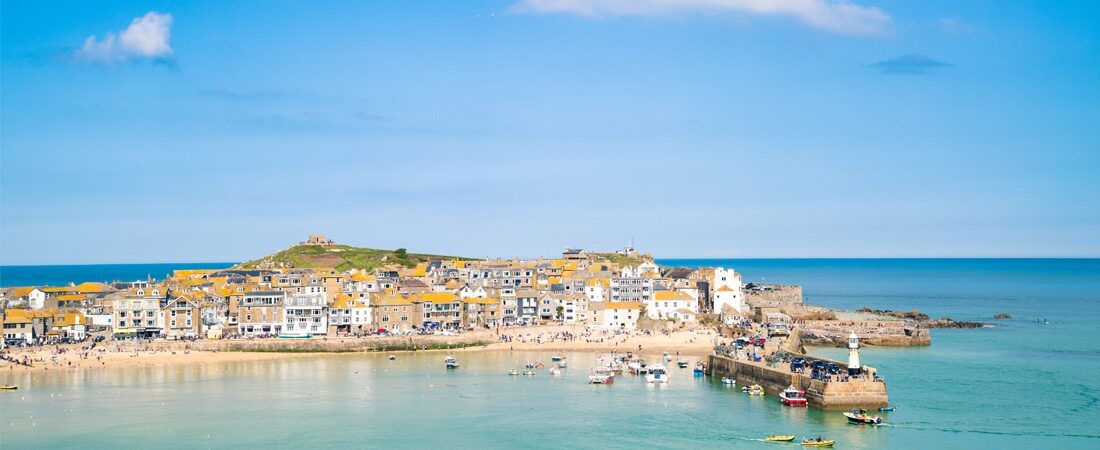With summertime in full swing and August bank holiday around the corner, many are looking to head on a well-earned getaway. Here’s why a staycation is a great option.
Going on holiday is something everybody looks forward to. Many go abroad once or multiple times a year, however holidaying at home is making a comeback. Perhaps this is since there is much less travel involved, ensuring the only footprint left behind is one in the sand. Or perhaps this is because we are becoming more intrigued by what’s on our own doorstep.
While the coronavirus pandemic has made it increasingly difficult to head overseas, there are in fact many benefits to holidaying at home. Not only will you find dramatic and diverse landscapes, including vast reservoirs, caves and caverns, secluded beaches, rolling hills, idyllic villages and historic market towns, but you will find a more greener type of getaway too. Whether you’re looking to relax or seek out adventure, here’s a couple of reasons to try a staycation.
Depending on destination, cost of flights can be expensive and account for a large amount of an allocated holiday budget. However, eliminating flight expenses and opting for a holiday at home results in a more affordable experience, particularly when accommodation and travel tickets are booked in advance.
As well as the financial implications of taking a flight, there is also an environmental price to pay. The BBC reported that a return flight from London to San Francisco emits around 5.5 tonnes of CO2 equivalent per person. This is more than twice the emissions produced by a family car in a year, and about half of the average carbon footprint of someone living in the UK.
At the same time, they found that even a return flight from London to Berlin emits around 0.6 tonnes CO2 equivalent, which is three times the emissions saved from a year of recycling. While driving is much less carbon-intensive than flying, train and coach travel are even kinder to the environment, with trains releasing the equivalent of just 41g for every passenger mile and coaches just 28g of CO2.
There are other elements of holidaying to consider, such as accommodation. Look for places that make a point of being environmentally conscious, whether that’s simply recycling or composting, avoiding plastic, having effective waste treatment systems, being energy efficient or using environmentally-friendly energy sources such as solar power.
Opting for a hotel in which the bed linen, towels and miniature toiletries are changed daily, as luxurious as this may be, is unfortunately wasteful. More kinder options include staying in a bed and breakfast or AirBnB, both of which provide a more authentic experience and allow you to support local businesses and people.
Better yet, why not embrace the great outdoors by camping? There’s nothing more liberating than immersing yourself in nature and spending a night under the stars or watching the sun rise and set – little is needed but a lot of memories will be made.
Whatever you choose, we hope you enjoy it. Let us know your tips, tricks and favourite destinations in the comments below!
Written by Hannah Stark






TRAIN JOURNEYS are an ace way to travel – across borders seeing and tasting and getting to know the local environment as you go, meeting and sharing space with locals.